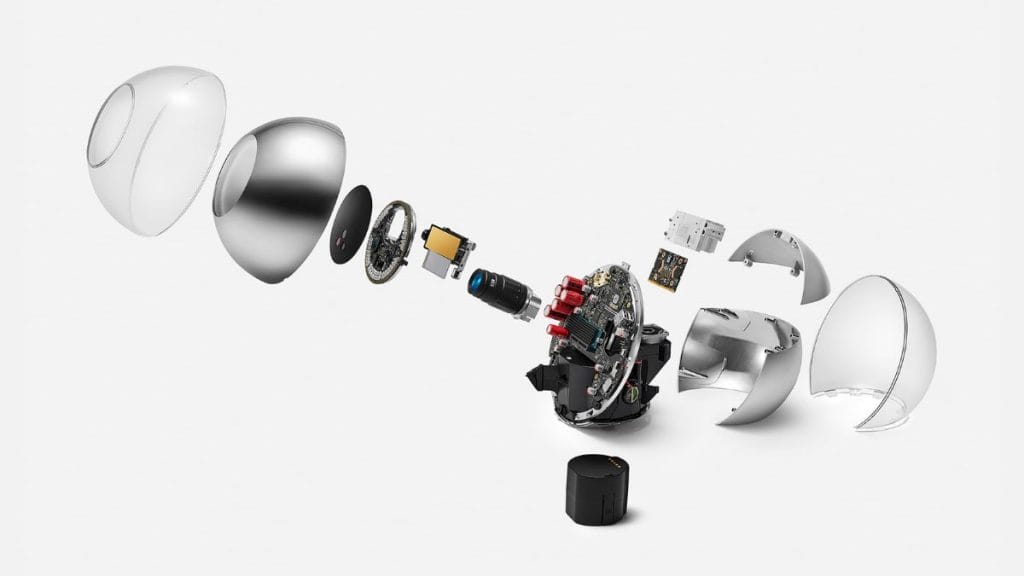New Delhi: Worldcoin, a cryptocurrency backed by Sam Altman, the CEO of OpenAI, is on the verge of securing $100 million in funding. Founded by Altman and Alex Blania in 2019, Worldcoin aims to revolutionize the crypto landscape by utilizing iris scanning technology. This unique approach has attracted significant funding despite the challenging crypto market conditions. So, let’s delve into what exactly Worldcoin is and how it has garnered such attention.
At its core, Worldcoin is a cryptocurrency project with a grand vision of creating a global identity and financial network accessible to every individual on Earth. The key distinguishing feature of Worldcoin is the utilization of an innovative device known as an “orb” that scans people’s irises to verify their uniqueness and humanity. In return for their iris scan, individuals are rewarded with Worldcoin tokens. The project also includes the World App, a platform that facilitates transactions, payments, and transfers using Worldcoin and other digital assets. Worldcoin is scheduled to launch in the first half of 2023, with a total distribution of 10 billion tokens, of which 80% will be allocated to users.
Worldcoin’s inception can be traced back to early 2020 when Alex Blania joined forces with co-founders Sam Altman and Max Novendstern. They were driven by a simple yet profound question: “What if there was a way to distribute shares of a new digital token to every person on the planet?” The founders believed that wider adoption of the currency would make sending and receiving payments more seamless. Furthermore, they envisioned Worldcoin as a global distribution system for Universal Basic Income, a concept involving the provision of regular money to meet the basic needs of every individual, whether provided by the government or an organization. Altman even speculated that Worldcoin could eventually be employed to distribute the substantial profits generated by AI systems equally among people.
Ensuring equitable distribution of coins necessitated a means to prevent individuals from signing up multiple times. To address this challenge, the founders opted for biometric iris scans. They developed the Orb, a device that captures iris scans to verify uniqueness and establish a “World ID” that can function as a universal digital passport. The iris scan is transformed into a unique string of numbers, known as a hash, which makes it impossible to recreate the original scanned image even if the hash is compromised. The Orb transmits the iris hash and a hash of the user’s public key to Worldcoin servers. If the individual hasn’t signed up previously, the hashes are added to the database and the company’s blockchain.
Looking ahead, Worldcoin faces the critical task of making the Orb accessible to as many people as possible and expanding its user database. To tackle this challenge, Worldcoin intends to offer coupons or access to specific loans, incentivizing more individuals to sign up. Additionally, Worldcoin is reportedly preparing to launch a software development kit (SDK), allowing developers to integrate Worldcoin’s API and technology into their own applications and platforms, provided that the user only performs a given action once.
Worldcoin’s ambitious vision, coupled with its innovative approach to identity verification using iris scans, has attracted substantial funding and garnered attention in the crypto sphere. The project’s success hinges on its ability to make the Orb widely accessible and scale its user base. If Worldcoin can overcome these challenges, it has the potential to reshape the crypto landscape and achieve its goal of providing a global financial network accessible to every person on Earth.





